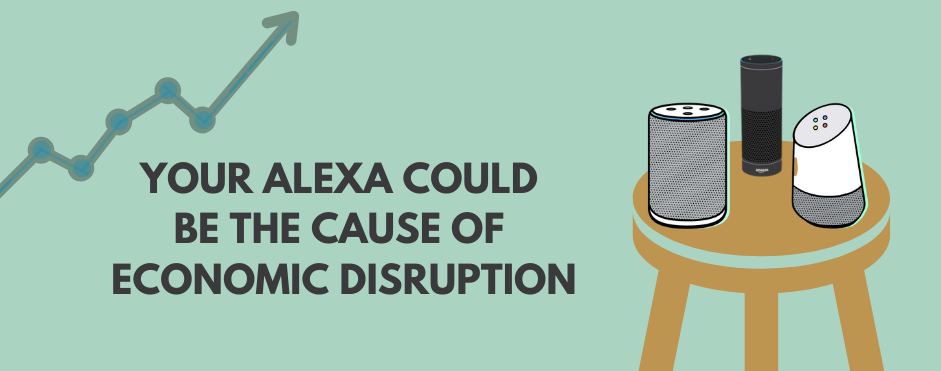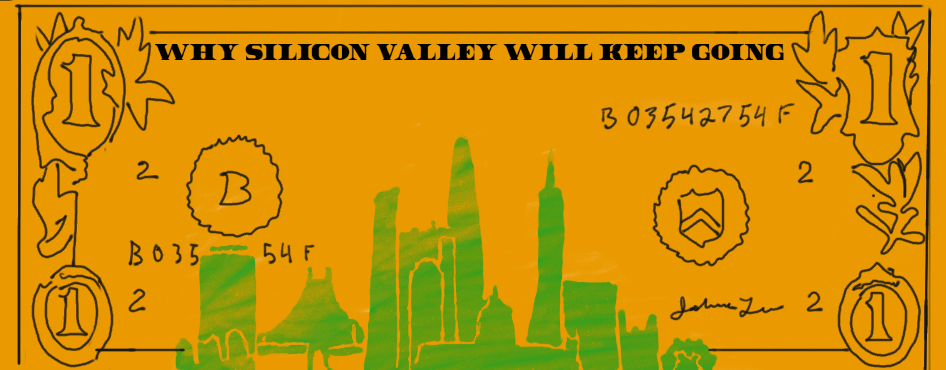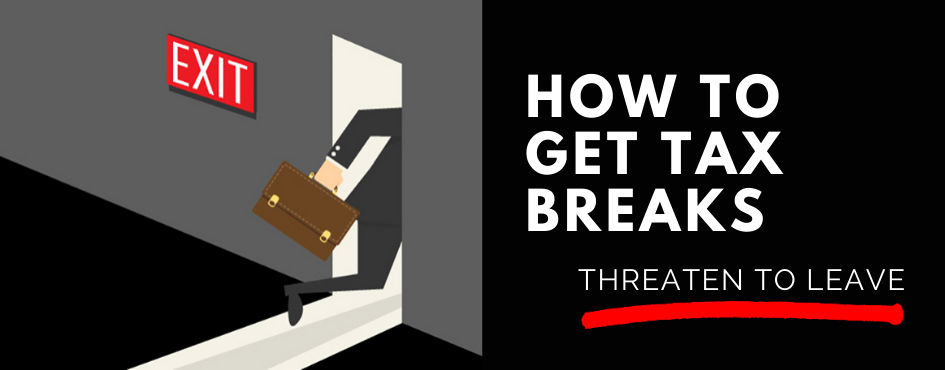The Rise of Ecommerce and the Fall of Retail
Over the past year, COVID 19 has impacted buying decisions and seller practices. As cases continue to rise across the world, how have businesses been impacted by closures and online commerce? Continue Reading




